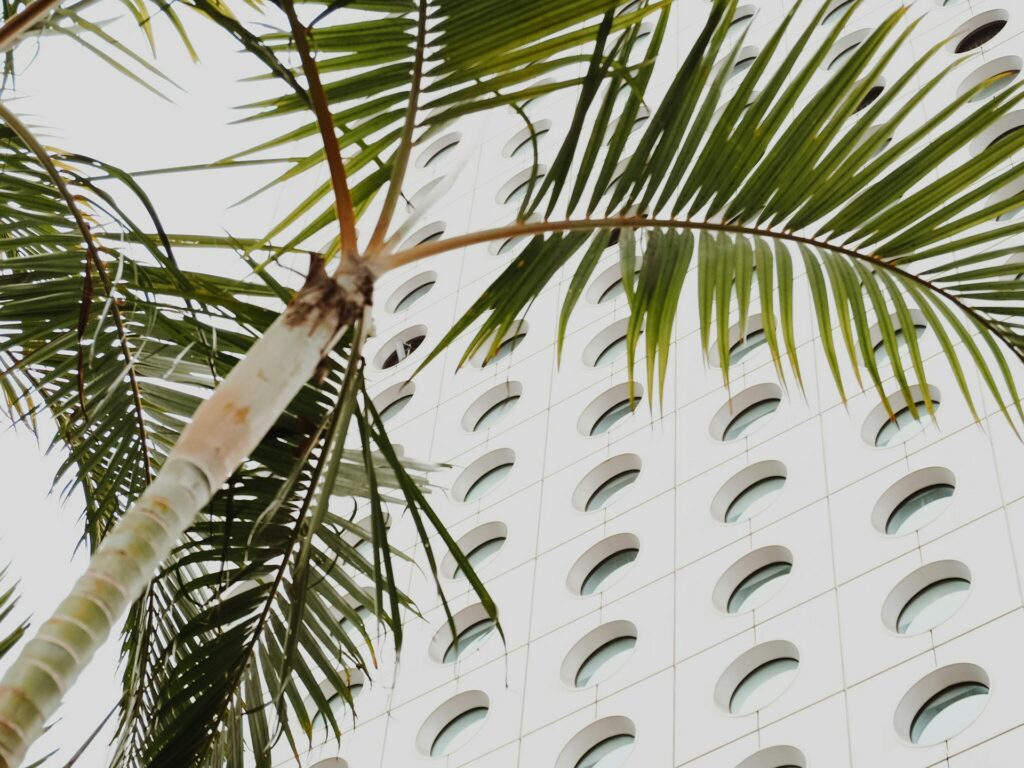The Hong Kong film industry is one of the most vibrant and influential in the world, known for its unique blend of action, drama, and cultural storytelling. From its early beginnings to its golden age and modern evolution, Hong Kong cinema has left an indelible mark on global film culture.
Early Beginnings (1890s–1940s)
In the late 19th century, with the arrival of cinema technology, Hong Kong’s film industry began to take shape. The first locally produced film, Zhuangzi Tests His Wife (1913), directed by Lai Man-wai, often called the “Father of Hong Kong Cinema,” marked the beginning of a cinematic journey that would span over a century. As the industry grew in the 1920s and 1930s, studios like Lianhua Film Company emerged, producing socially conscious films that reflected local culture and traditions.
The Japanese occupation during WWII halted film production, but the industry rebounded after the war, paving the way for a resurgence of creativity and innovation. This period laid the foundation for the industry’s future growth, as filmmakers began to experiment with new genres and styles.
The Golden Age (1950s–1970s)
The 1950s saw a post-war boom in the industry, with studios like Shaw Brothers and Cathay Studios dominating the market. Shaw Brothers, founded by Run Run Shaw, became a powerhouse, producing hundreds of films annually. This era was marked by the rise of martial arts cinema, with stars like Bruce Lee bringing Hong Kong films to international audiences.
Films like The Love Eterne (1963) and The House of 72 Tenants (1973) reflected social issues and resonated with audiences. Cantonese opera films, often starring actresses like Connie Chan and Josephine Siao, were hugely popular, showcasing the industry’s ability to blend cultural heritage with commercial appeal.
The New Wave (1980s)
The 1980s marked a new era of innovation and experimentation in Hong Kong cinema. Directors like Ann Hui, Tsui Hark, and John Woo pushed creative boundaries, introducing fresh perspectives and styles that captivated audiences worldwide.
Action cinema became a defining feature of this period, with John Woo revolutionizing gunplay and emotional depth in films like A Better Tomorrow (1986). Jackie Chan’s blend of martial arts and comedy in Police Story (1985) solidified his global icon status. The industry thrived with a mix of action, comedy, horror, and romance, appealing to both local and international audiences.
The Golden Age of Martial Arts and Beyond (1990s)
In the 1990s, Hong Kong cinema reached its peak, influencing filmmakers worldwide. Key figures like Wong Kar-wai and Stephen Chow became household names, known for their poetic and visually stunning films like Chungking Express (1994) and Kung Fu Hustle (2004). The decade saw a surge in co-productions with mainland studios, expanding the industry’s reach and creative scope.
Cultural Impact and Legacy
Hong Kong cinema has inspired filmmakers like Quentin Tarantino, the Wachowskis, and Christopher Nolan. Iconic stars like Bruce Lee, Jackie Chan, Chow Yun-fat, and Maggie Cheung became international icons, their performances etching themselves into film history.
The industry’s influence can be seen in various genres – action, martial arts, and crime films have set global standards for storytelling and choreography. The legacy of Hong Kong cinema continues to captivate audiences worldwide, its impact a testament to the city’s creativity, resilience, and cultural richness.
Key Films in Hong Kong Cinema History
Some notable films that showcase the industry’s growth and innovation include:
The Love Eterne (1963): A classic Cantonese opera film
Enter the Dragon (1973): Bruce Lee’s breakout film
A Better Tomorrow (1986): John Woo’s iconic action film
Chungking Express (1994): Wong Kar-wai’s romantic drama
Infernal Affairs (2002): A crime thriller that inspired The Departed
Ip Man (2008): Donnie Yen’s portrayal of the Wing Chun master
The Future of Hong Kong Cinema
As the industry continues to evolve, co-productions with mainland China and international studios will remain a key factor in its growth. Emerging filmmakers are exploring themes of identity, politics, and social issues, injecting fresh perspectives into the narrative.
Digital platforms and streaming services have expanded the reach of Hong Kong films globally, connecting audiences worldwide with the city’s cinematic heritage. As lights, camera, action! illuminates the silver screen, one thing is certain – the legacy of Hong Kong cinema will continue to captivate and inspire audiences for generations to come.


